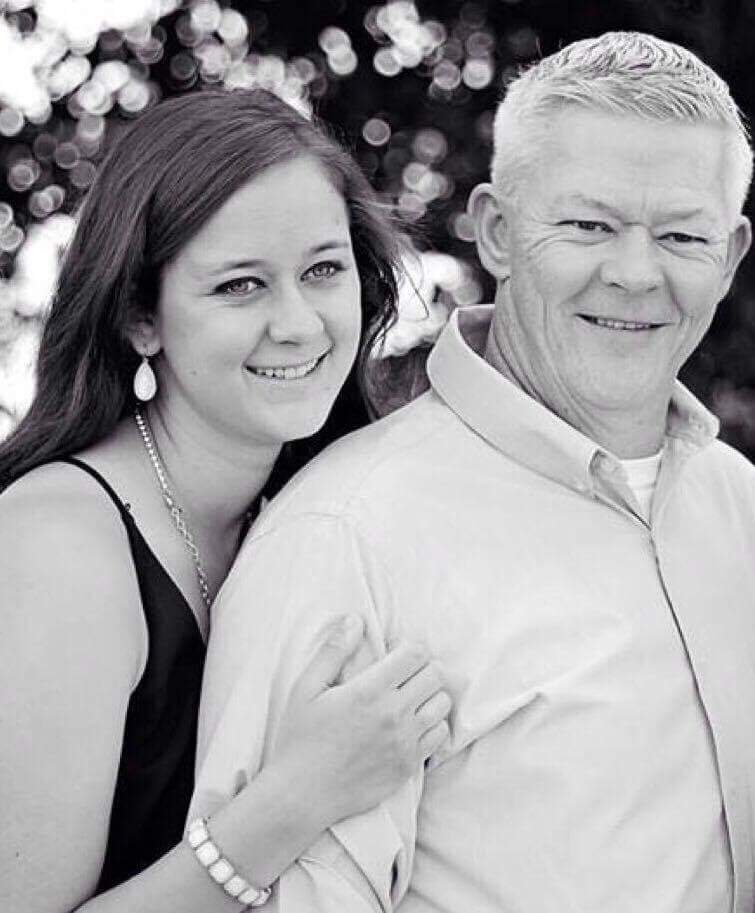
June 9, 2017 // NATCA Scholarship Winner Samantha Melton
Samantha Melton
Harvard University, Harvard Divinity School
President’s Winner
NATCA Scholarship Program
Member Name: Larry Melton, Lambert-St. Louis (STL)
Below is the essay Samantha submitted with her application:
“Uniting Narrative, Education, and Vocation”
On Oct. 5, 2016, college students across the country likely woke up and walked briefly across campus to their respective dining halls to grab a quick breakfast before class. However, here at Harvard University, morning strolls to the dining hall included a brief walk through protest lines, surrounded by the chorus of chants that gathered outside the administrative offices of President Faust. On this fall morning, Harvard University Dining Service (HUDS) employees began a 22-day strike fighting for living, sustainable wages and affordable healthcare plans. For these 22 days, under the ivy laced towers of Harvard Yard, in the shadows you would find students, faculty, and staff, protesting alongside the HUDS employees of the UNITE HERE Local 26 Union that was taking on the most wealthy University in the world.
As the child of a former Tower Local Representative, I was all too familiar with the struggle for workers’ rights. Whether it was through dinner conversations or at the 2010 NATCA National Convention, the role of the Union had been neatly woven throughout my narrative. Though I knew that my father had come from a working class family as a child, it was only as I stood on the protest lines with HUDS employees that I began to truly grasp the value of the labor movement to my family. The HUDS workers in which I had the privilege to learn from, demonstrated the importance of the labor movement for the most marginalized and vulnerable of America’s workforce. As I heard the stories of immigrant parents who relied on the University’s health care for their family, I realized that those who so selflessly serve us every day not only deserved sustainable and affordable care from the University, but also deserved the support of the children of union workers.
In late October, I sat with a Harvard economist who declared, with full confidence, that the demands of the Union were far too great to be met by the University. That same night, I participated in a sit-in which ended late into the night when the Harvard administration agreed to meet all of the demands of the HUDS employees. The dichotomy of this experience has altered my vocational goals, pushing me to more deeply consider the ways in which we can utilize our academic work of the ivory towers to illuminate the problems found in the shadows. As a HUDS strike supporter, I found the opportunity to connect my family’s union narrative to my religious studies by working with the community of Harvard Divinity School (HDS) to plan and participate in a student-led interfaith service for HUDS employees. As I continue my education at HDS and aspire to become a university professor and community organizer, I hope to create opportunities for students to interact with their academic work outside of the classroom, allowing their unique narratives to shape their vocational path and ensure that the ivy towers of Harvard Yard are never disconnected from the work of the labor movement again.

